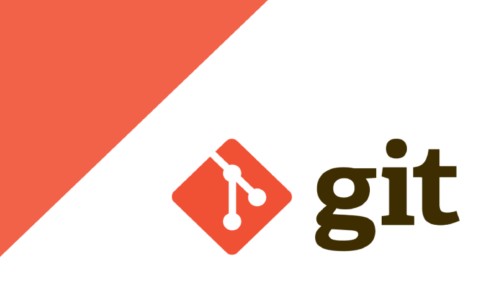Git is a powerful version control system that is used by many developers around the world. Knowing when to use Git can be difficult for those just beginning to learn about the system. Here are some of the most common times you would use Git:
- Making Changes to Shared Files – Git is perfect for tracking changes to shared files. Its distributed architecture means that you can keep track of each revision, and roll back to an earlier one if needed. This means that you won’t have to worry about potentially losing data due to an accidental overwrite. This can be especially useful if multiple people are working on the same codebase.
- Keeping Track of Multiple Projects – Git can help you keep track of several projects at once. With its branching system, you can easily switch between different projects and make sure each is up-to-date. This can help streamline development, especially if you are working on multiple projects at once.
- Contribute to Open Source Projects – If you are interested in contributing to an open source project, then knowing how to use Git is a must. Many open source projects rely on Github to manage contributions, and having a strong grasp of how Git works will make it easier to contribute.
- Building Your Own Projects – Knowing git will make it easier for you to work on your own projects and collaborate with others. You can use git to keep track of your project’s development, making sure you have access to old versions if needed. This can help minimize the time you need to spend debugging and ensure that you don’t have to rewrite code from scratch in case of a mistake.
Overall, understanding when to use git can be incredibly helpful for those just beginning to learn about the system. Being able to keep track of multiple projects, contribute to open source ones, and build your own projects with Git can make development much more efficient. Knowing when to use Git is an essential part of being an effective developer.


